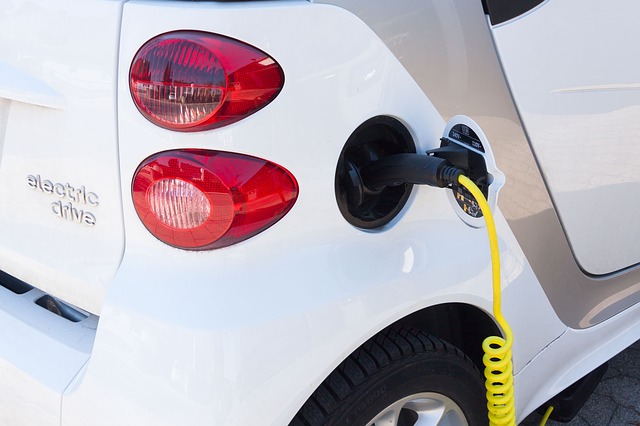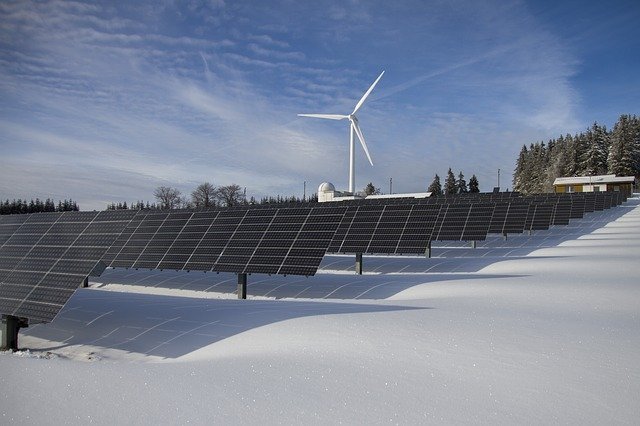Introduction
Electric Cars: These vehicles use rechargeable electric batteries charged by energy source. The energy sources are often based on fossil fuels.
Fuel Cars: Fuel cars are conventional cars that use fossil fuel as an energy source and have internal combustion engines.
Also check out: Blueprint of an Eco-city – How To Create Sustainable Cities?
The Manufacturing Process of Cars
The manufacturing process of electric and conventional cars requires raw material. The production cycle of both cars is almost the same. The raw material used for preparing cars is first extracted that undergo the refining process and later carried to various places where the final manufacturing process is perfumed. The refined material is shaped into different parts of cars and the final step is followed in the end.
Electric Batteries Production
Electric batteries are composed of rare earth elements that are found beneath the Earth’s surface. These elements are nickel, lithium, cobalt, and graphite. The mining of these elements is an expensive process. The production of electric batteries has negative environmental effects. The lead-acid batteries used in fuel cars are often undergone the recycling process. Since electric batteries are emerging as greener technologies, this might attract the attention of the recycling industry for e-waste.
Carbon Emissions by Electric Cars
The carbon emission by electric car is not directly linked with the driving process but it releases during the manufacturing stages such as extraction, refining, and transportation of raw material as well as recharging electric batteries by burning fossil fuels.
Also check out: Are Electric Cars and Vehicles Feasible In Pakistan Currently?
Electric Batteries Need Electricity
Electric batteries need to be recharged. The recharging source is electricity. Electricity is primarily produced from nonrenewable energy sources such as fossil fuels burning. There is already an existing energy crisis in the world, in such a situation the launching of electric cars would increase the burden on energy sources. The trend of utilizing renewable energy sources is also being followed by many countries to conserve natural resources.
Disadvantages of Electric Batteries
The electric batteries have some disadvantages such as overcharging might result in the explosion of batteries and the toxic metals leakage from discarded batteries pollute underground water sources.
Environmental impacts by Electric Cars
The environmental impacts caused by electric cars include environmental toxicity and carbon emissions leading to increased global warming. The process of raw material extraction through mining causes air pollution. Air pollution has adverse impacts on human health, animals, and the overall whole ecosystem. Along with these environmental effects, the natural resources are overexploited by humans. Overexploited natural resources increase environmental problems such as water scarcity due to increased water consumption, and depletion of fossil fuel reserves due to overconsumption.
Conclusion
To say an electric car is eco-friendly is not confirmed yet because the production process releases carbon into the air. More people are migrating towards urban areas due to the presence of facilities not available in rural areas. The use of personal conveyance is rising in urban cities. Many countries are focusing on the technologies that make vehicles more eco-friendly and sustainable. The experts are discovering new ways and improving existing techniques that will promote eco-friendly vehicles with fewer environmental effects.
Recommendation
The production of electric vehicles is a viable option if the energy sources are renewable instead of nonrenewable. Germany along with few other countries is trying to end fuel cars and promoting electric vehicles. Bearing in mind the hazards of electric batteries, it is recommended that the manufacturing process should be upgraded. People should prefer public transportation and an electric public transportation system would be the feasible option out of all.
Also, check out:
Top Companies Contributing to World’s Third Carbon Emission
Floating photovoltaic technology – An answer to Pakistan’s electricity crisis?
I hope you all liked this post! Please comment below if you have any suggestions, comments, or feedback! We at #envpk love hearing from our readers! Thanks!




